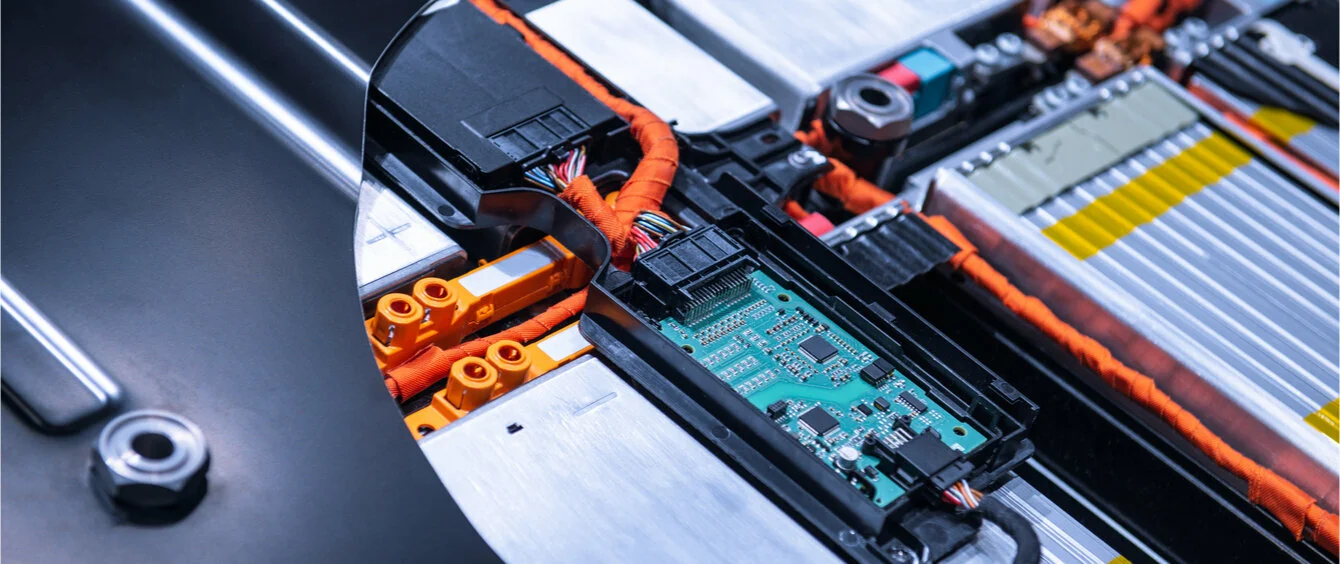The EU aims to become a pioneer in the manufacture of batteries. To this end, member states are now allowed to offer businesses 3.2 billion euros in order to set up the industry, as confirmed by the European Commission in December.
“Battery production in Europe is of strategic interest for our economy and society,” explains EU Competition Commissioner Margrethe Vestager. “It has potential in terms of clean mobility and energy, job creation, sustainability and competitiveness.”
EU competition law normally forbids member states from funding businesses directly. However, exceptions are permissible if the European Commission acknowledges an “important project” of “mutual European interest”, abbreviated in English to IPCEI. This is exactly what the European Commission has now done in order to establish a European battery industry.
Network for EV batteries
In late 2017, the European Commission had already opted to support the ‘European Battery Alliance’ (EBA) with a research subsidy of almost 200 million euros. Now, according to its own statements, the network has more than 250 active members: both European and non-European companies and research institutes as well as a number of EU agencies. The initiative focuses on the development of batteries for electric vehicles.
“Our focus on scaling up innovation under the European Battery Alliance is yielding strong industrial partnerships,” says Maroš Šefčovič, EU Commissioner for Interinstitutional Relations at the announcement of the decision which has since been adopted. Šefčovič had accompanied the launch of EBA as EU Commissioner for the Energy Union.
Ninety Companies, one value chain
The approval of funding now allows Germany’s Minister of Economics, Peter Altmaier, to make good on his announcement to make one billion euros available to projects for battery research by 2022, for example. Belgium, Finland, France, Italy, Poland and Sweden – in addition to Germany – have also been authorised to grant state aid. The total of a maximum of 3.2 billion euros is to be granted before 2031.
Funding limit per EU member state (in approx. million euros)
The EU expects additional investments of around five billion euros from the 17 funded companies, which include German groups BASF, BMW and Varte. Around 70 other partner companies, also working on eligible projects, are also set to profit.
The overall aim is to create one industry that will expand across the entire value chain: from the extraction of raw materials to their processing into battery cells and ready-to-use battery systems to recycling and further use.
The European Commission is confident that the allocated tax money would be well invested. A “considerable portion” of the company’s profits will also benefit taxpayers through a clawback mechanism – at least if the projects generate higher net revenues than expected. The companies would then return part of the taxpayer money received to the respective member states.
Photo Credits: Sergii Chernov, shutterstock.com
